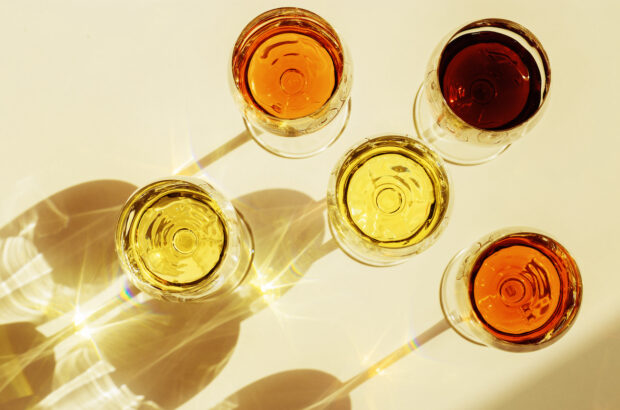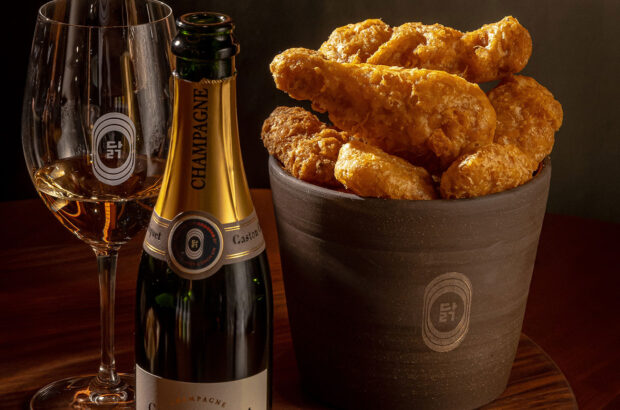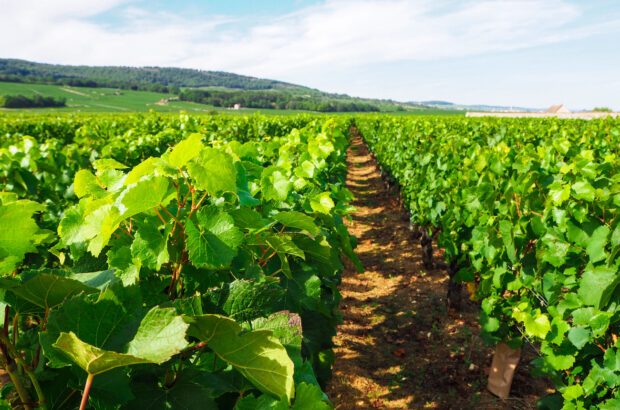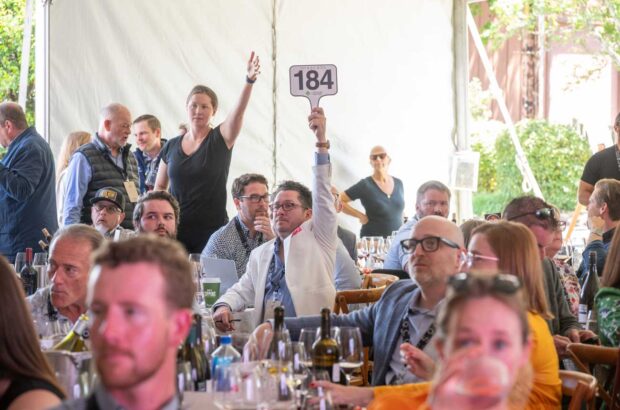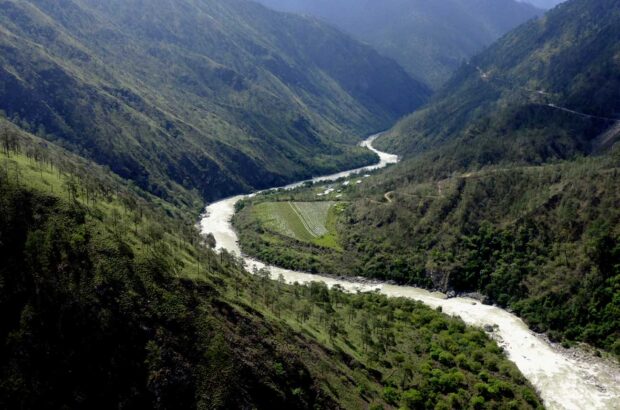In November 2021, the small Caribbean island and former British colony of Barbados removed Queen Elizabeth II as its head of state to become the world’s newest republic.
The official ceremony was attended by the likes of Prince Charles and Bajan national hero Rihanna, and the island’s new political identity was later toasted with a celebratory bottling from Mount Gay, Barbados – and the world’s – oldest rum distillery.
‘We only did a few bottles of the Republic Blend. It is a symbol of what rum represents for Barbados,’ said Mount Gay managing director, Raphael Grisoni. Indeed, Barbados prides itself on being one of the world’s leading rum producers, boasting highly-respected distilleries such as Richard Seale’s Foursquare Distillery, and Mount Gay itself.
Rum is Barbados’s main export, it represents a crucial source of employment, and it is a magnet for tourists too. The picturesque St Nicholas Abbey and plantation house, the smallest of only four distilleries on the island, regularly tops Barbados’s list of must-visit attractions.
Former minister of culture John King believes that, as Barbados transitions to a fully independent republic, rum is set to play an even greater role both in its economy and in redefining the identity of Bajan people.
‘The majority of our ancestors came predominantly from the west coast of Africa, but our ideologies, our laws, our system… everything has always been guided by what the British decided,’ King points out. ‘All other ethnicities that are present in Barbados – like the Scottish and the Irish – can trace their origins back to where they came from. But not the Afro Barbadians, and we need to try to correct that.’
During his recent tenure as Barbados’s minister of culture, King pursued a project aimed at rediscovering Barbados’s roots via its economy, by building new trade bridges beyond the island’s current export markets. ‘In 2018, when I became minister of culture, there was a paper whose goal was to connect and find our roots in the African continent,’ says King. He explains that the project led Barbados to establish trade agreements with the African continent: ‘Now, four years later, we are doing business with Africa. Ghana, for instance, is going to take on exporting and introducing into the African continent our Bajan rum and sugar.’

Mount Gay warehouse. Credit: Jacopo Mazzeo
A kingdom for a geographical indication
While he believes that Bajan rum’s renown is at an all time high, King argues that its full potential won’t be fulfilled until the island’s four distilleries agree on the specifics of a geographical indication (GI) for Barbados rum.
While the prospect of a GI has long been on the table, Mount Gay, Foursquare, and St Nicholas Abbey on one front, and the island’s largest producer, Maison Ferrand-owned West Indies Rum Distillery (WIRD) on the other, have been struggling to come to an agreement on what the GI should, or should not entail.
Alongside the nature of the water source used for fermentation and the type of wood allowed for maturation, the ageing process’ location is one of the most contentious topics. Mount Gay, Foursquare, and St Nicholas Abbey’s spirits undergo full ‘tropical ageing’ on the island, while WIRD’s Plantation rum spends only a limited time in Barbados then undergoes a second-stage maturation at Château de Bonbonnet in Cognac, France.
WIRD managing director Andrew Hassell highlights that such ‘double ageing’ isn’t unheard of in Barbados, and should therefore be accounted for in the GI: ‘It’s not historically accurate that Barbados rum can only be aged here: it happened before. We aren’t proposing anything new or restrictive.’
His opponents however, argue that tropical ageing is key to developing the characteristic flavour profile of Barbadian rum. ‘You have to take into consideration that environmental conditions influence the maturation of the rum,’ highlights Mount Gay master blender Trudiann Branker. ‘Here you get a more mature profile. If you age it somewhere that has a different environment you are not going to get the same profile. It’s as simple as that. How can you call it Barbadian rum?’ Grisoni adds that, over time, the tropical climate causes a more dramatic angel’s share effect to what distilleries experience in Europe: ‘After eight years we lose half the barrel here, that is why some might think it is more convenient to age rum in France instead.’
With the development of the GI at a standstill, Barbados might be missing the opportunity to turn its rum into what Scotch is to whisky. ‘They just need to put the competitiveness aside,’ says King. ‘Oftentimes, we allow ego to dictate our arguments but we need to go beyond that. Barbados needs that geographical indication. People always associate England with having invented football and cricket – admittedly it is not necessarily the best at either of them – but whenever the world thinks of them, people associate them with England. And for the new republic of Barbados, rum needs to be the same thing.’


